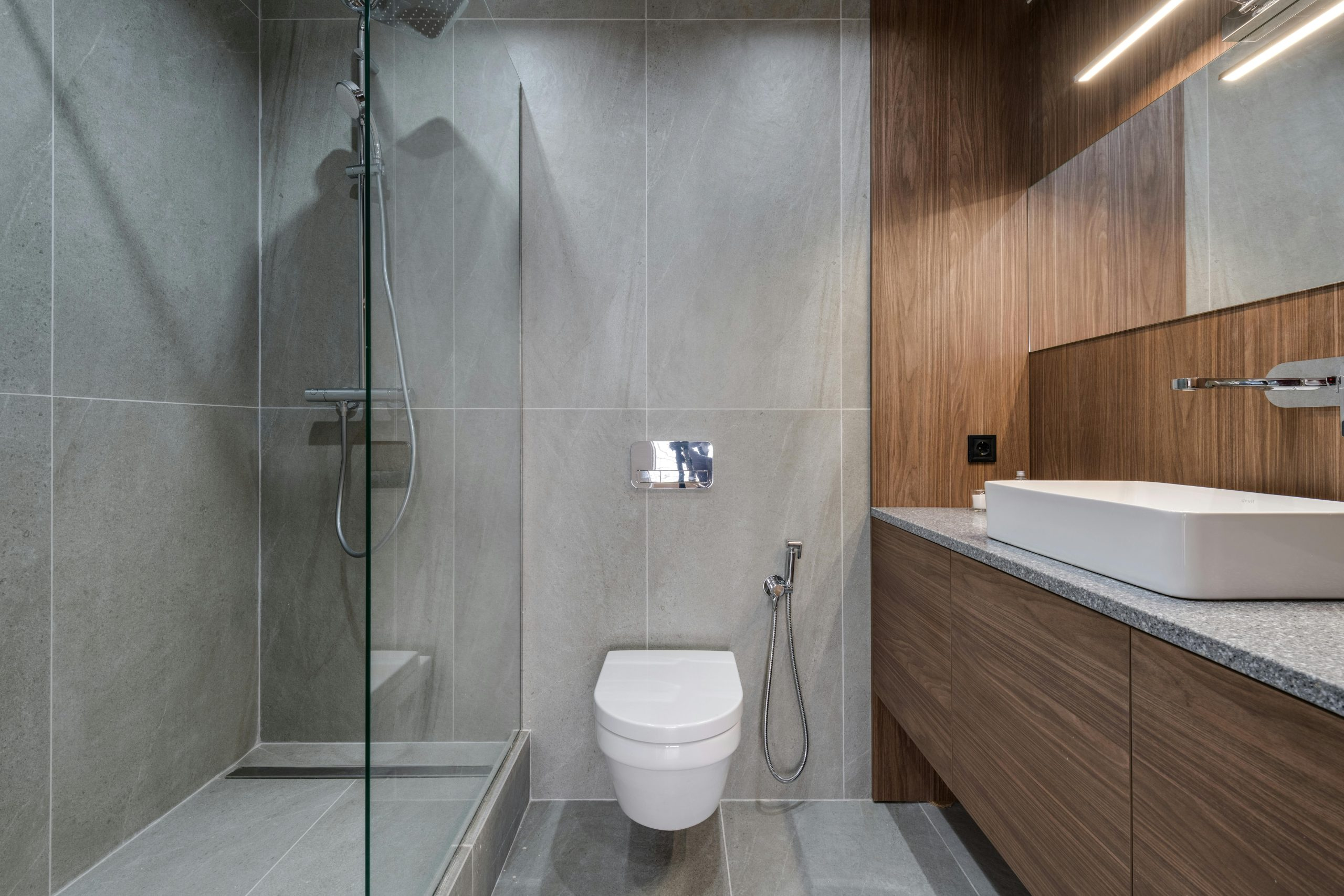Sustainable Renovation Practices: Updating Older Homes Responsibly
The trend towards sustainability and responsible environmental practices has gained significant momentum in recent years, with individuals and businesses alike making conscious efforts to reduce their carbon footprint. However, one often overlooked aspect of sustainable living is the impact of home renovations on the environment. As more and more homeowners look to update their older properties, it becomes crucial to consider sustainable renovation practices as a way to ensure responsible homeownership. In this article, we will explore the concept of sustainable renovations and how they can be applied specifically to updating older homes responsibly.
What Are Sustainable Renovation Practices?
Sustainable renovation practices refer to the use of eco-friendly, energy-efficient, and resource-saving methods and materials during the renovation process. This involves making conscious choices that have a positive impact on both the environment and the well-being of homeowners. These practices are not limited to just updating an older home but can also be applied to new construction projects as well.
Why Are They Important for Older Homes?
Older homes are often associated with poor energy efficiency and outdated materials, making them a significant contributor to environmental degradation. With the growing awareness of climate change and the need for sustainable living, it becomes essential to address these issues through responsible home renovations. By implementing sustainable practices, older homes can be transformed into more energy-efficient and eco-friendly spaces, reducing their carbon footprint and promoting a healthier living environment.
The Benefits of Sustainable Renovation Practices
1. Reducing Energy Consumption
Older homes are known to be energy inefficient, with outdated appliances and insulation contributing to high energy consumption. Sustainable renovation practices involve replacing these outdated features with energy-efficient alternatives, such as LED lighting, low-flow fixtures, and ENERGY STAR rated appliances. As a result, homeowners can significantly reduce their energy consumption and costs.
2. Utilizing Eco-Friendly Materials
Sustainable renovation practices also prioritize the use of eco-friendly materials, such as bamboo flooring, recycled glass countertops, and low or zero VOC paints. These materials are not only better for the environment, but they also contribute to a healthier living space for homeowners by reducing the presence of harmful chemicals and toxins.
3. Improving Indoor Air Quality
Older homes often have poor air circulation and ventilation, leading to an accumulation of allergens and pollutants. Sustainable renovation practices address this issue by utilizing efficient ventilation systems and incorporating natural ventilation techniques. This helps improve the overall indoor air quality, creating a healthier living space for homeowners.
4. Increasing Property Value
In addition to the environmental benefits, sustainable renovation practices can also result in an increase in property value. As more and more homebuyers prioritize eco-friendly features and energy efficiency, homes with sustainable renovations can sell for a higher price. This makes sustainable renovations a worthwhile investment for homeowners in the long run.
How Can Older Homes Be Updated Responsibly?
When updating an older home, there are several ways to incorporate sustainable practices responsibly. One of the main considerations is to work with a contractor who is knowledgeable about sustainable renovation practices and can guide you towards making eco-friendly choices. Additionally, homeowners can focus on incorporating sustainable features such as solar panels, rainwater harvesting systems, and energy-efficient appliances when planning their renovation budget.
Conclusion
Sustainability and responsible environmental practices are crucial factors that should be considered in all aspects of our lives, including home renovations. By implementing sustainable renovation practices, homeowners can contribute to a healthier environment while also creating a more comfortable living space for themselves. So, the next time you plan on updating your older home, remember to prioritize sustainability and take small steps towards responsible homeownership.











